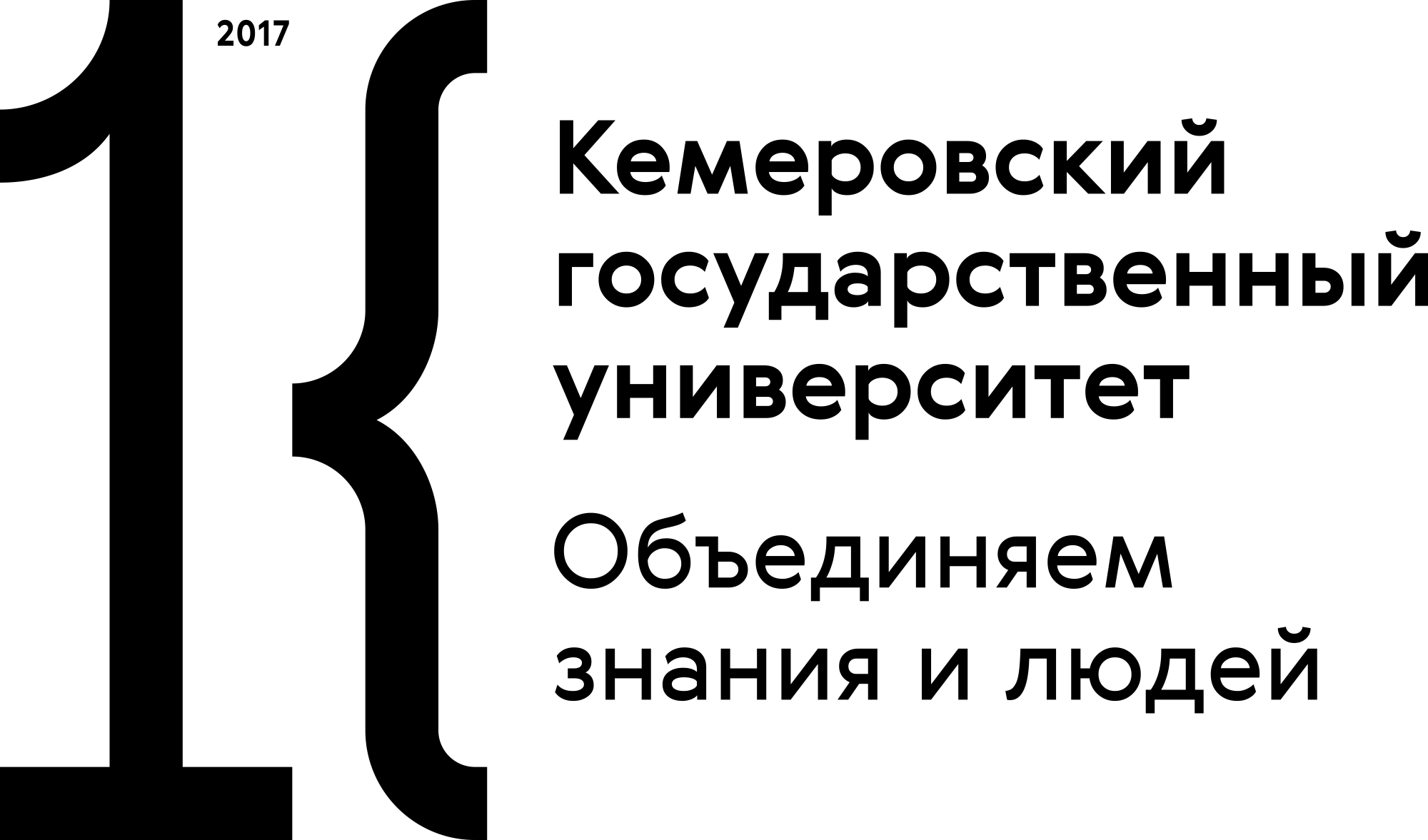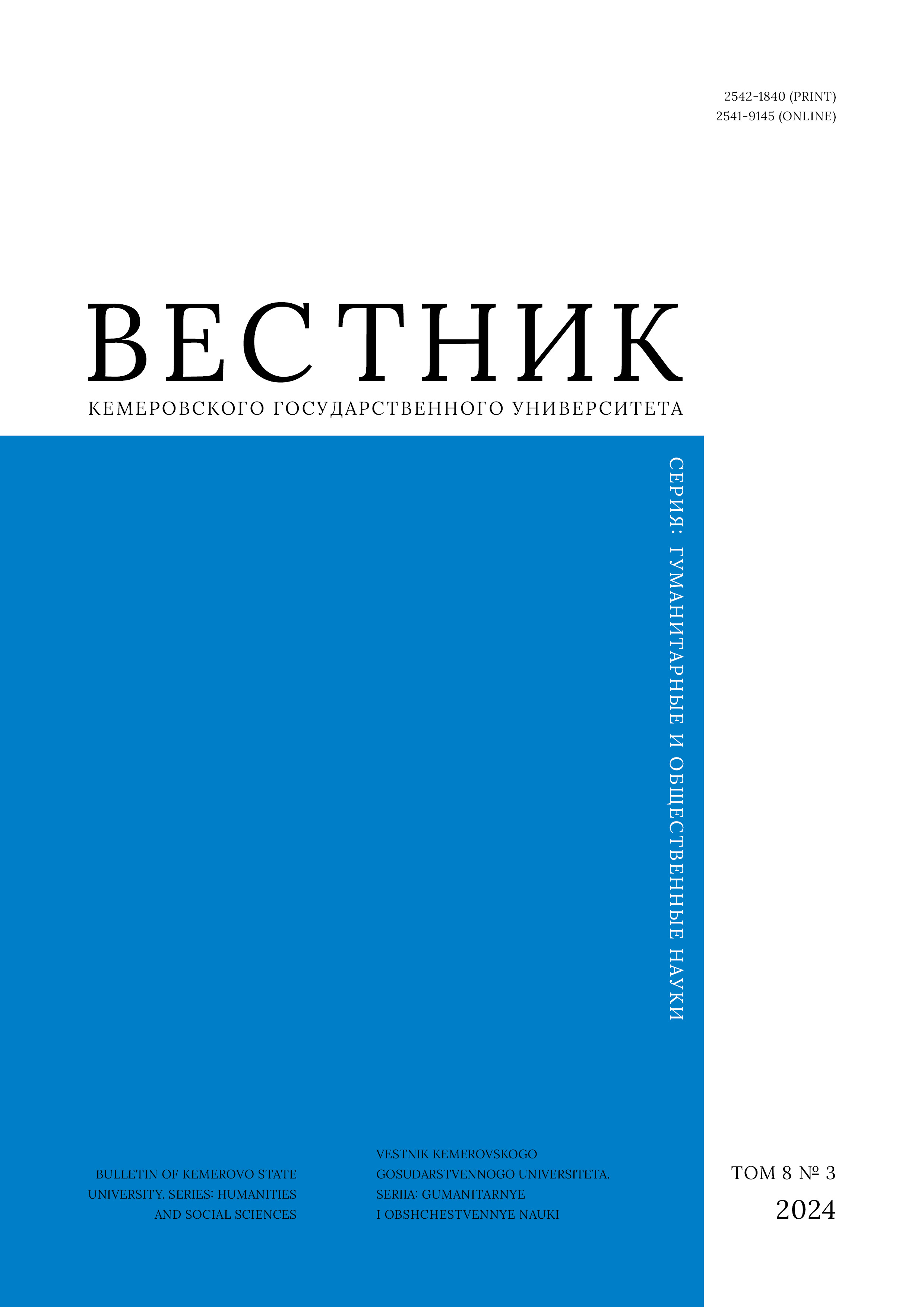from 01.01.1976 to 01.01.2024
Russian Federation
The content of Physical Education at primary and secondary school is undergoing certain changes. This process requires continuity. The research featured the principle of continuity in extracurricular physical education activities, i.e., volleyball and pioneerball, with primary and secondary school students. The experiment involved university students that majored in physical education, as well as experienced school teachers. First, the principle of continuity presupposes an interaction between teachers of primary and secondary education, e.g., mutual attendance of classes and extracurricular events. Second, it takes into account the age, gender, and individual characteristics of schoolchildren and their level of training. Third, the transition from primary to secondary education is especially challenging for children as the curriculum is getting more complex. The principle of continuity in Physical Education makes learning consistent and contributes to personal development. In this study, the Physical Education teachers and university students agreed that the principle of continuity helped schoolchildren to gain knowledge, improve motor skills, and increase motivation.
implementation, continuity, Physical Education at school, sports section, pioneerball, volleyball, students
1. Ilyina G. V. Continuity in the development of physical qualities amongst senior preschool age and junior school age children. The world of science, culture and education, 2011, (4-1): 202–206. (In Russ.) https://elibrary.ru/pbeewx
2. Lesgaft P. F. Selected works. Moscow: Fizkultura i sport, 1987, 358. (In Russ.)
3. Alasheeva M. A. Sports sections in the life of schoolchildren. Modern scientific researches and innovations, 2019, (12). (In Russ.) URL: https://web.snauka.ru/issues/2019/12/90744 (accessed 18 Apr 2024).
4. Brench S. V., Gabdullin R. I., Kuzmin A. M., Milovidov V. K. Role of extracurricular activities in the formation of professional orientation of university students of physical culture and sports profile. Uchenye zapiski universiteta im. P. F. Lesgafta, 2022, (5): 57–61. (In Russ.) https://doi.org/10.34835/issn.2308-1961.2022.5.p57-61
5. Pashchenko L. G. Diagnostic tools for evaluating students' subjective attitude to competing during physical activity. Tomsk State University Journal, 2019, (446): 183–190. (In Russ.) https://doi.org/10.17223/15617793/446/23
6. Ushinsky K. D. Benefits of pedagogical literature. History of pedagogy in Russia, comp. Egorov S. F. Moscow: Academia, 2000, 200–208. (In Russ.)
7. Rogovtseva I. V., Vashchenko E. S., Milovanova A. V. Impact of sports on the formation of a teenager’s personality. Relevant issues of physical culture and sports: Proc. XVIII All-Russian Sci.-Prac. Conf., Tomsk, 3 Apr 2015. Tomsk: TSPU, 2015, 29–32. (In Russ.)
8. Snegova E. S., Bogdanova S. V., Efimova S. V., Romanov V. V. Professional preferences and motivation of students as a components of professional readiness for pedagogical activity. Uchenye zapiski universiteta im. P. F. Lesgafta, 2022, (1): 391–395. (In Russ.) https://doi.org/10.34835/issn.2308-1961.2022.1.p391-395
9. Ilyina G. V. The principle of continuity in the development of physical fitness of preschoolers and primary school children. Siberian teacher, 2012, (4): 35–41. (In Russ.) https://elibrary.ru/pdwdor
10. Ilyina G. V. Developing readiness in university students to implement continuous physical education activities at school. Moscow: FLINTA, 2015, 230. (In Russ.)
11. Maksyalaite S. D., Kuvaldina E. A. Developing physical culture in primary school students. Concept, 2017, (T29): 416–418. (In Russ.) https://elibrary.ru/yncesx
12. Korolev A. S., Akulova L. N., Manukovskaya L. B. Information environment of a pedagogical university as a factor in the development of a student – a future teacher of physical culture. Uchenye zapiski universiteta im. P. F. Lesgafta, 2022, (6): 200–205. (In Russ.) https://doi.org/10.34835/issn.2308-1961.2022.6.p200-205
13. Korneeva O. D. General professional training of the future teacher as a pedagogical problem. Bulletin of Moscow State Regional University. Series: Pedagogics, 2022, (2): 107–118. (In Russ.) https://doi.org/10.18384/2310-7219-2022-2-107-118
14. Fedorova M. Yu., Shmakotin A. D. Organizing a sports section at school. Scientific and academic space: Development prospects: Proc. IV Inter. Sci.-Prac. Conf., Cheboksary, 29 Jan 2017. Cheboksary: Interaktiv plius, 2017, 225–230. (In Russ.) https://elibrary.ru/xyaked
15. Grezina I. B., Karpechenko A. S., Shesternina E. A. Extracurricular activities of primary school students in the context of an integrative approach. International Journal of Experimental Education, 2022, (5): 29–33. (In Russ.) https://elibrary.ru/kvxlpd
16. Frolov D. V., Vikulov A. D. Efficience of work of teenagers at school sports classes. Yaroslavl Pedagogical Bulletin, 2009, (2): 43–46. (In Russ.) https://elibrary.ru/musuof
17. Neymyshev A. V., Skupkin D. A. Continuous physical education in the framework of secondary vocational and higher education. Continuous education: Theory and practice: Proc. IV Inter. Sci.-Prac. Conf., Ekaterinburg, 22 Jan 2021. Ekaterinburg: RSVPU, 2021, 45–48. (In Russ.) https://elibrary.ru/eoffiq
18. Godnik S. M. Continuity in higher and secondary schools. Voronezh: VSU, 1981, 208. (In Russ.)
19. Emelianenko M. S., Isaev E. I. Continuity of education in psychological and pedagogical science. Molodoi ucheny, 2019, (25): 414–417. (In Russ.) https://elibrary.ru/dxhsoi
20. Shatskaia M. N. Continuity as interrelation of different stages of school teaching. Interactive science, 2021, (3): 55–57. (In Russ.) https://doi.org/10.21661/r-553536
21. Khagazheeva I. R., Kumakhova L. M., Gadieva M. S. Pedagogical conditions of continuity in upbringing of will-power qualities of preschool children and primary school students. The world of science, culture and education. 2016, (2): 179–182. (In Russ.) https://elibrary.ru/vvnyrd
22. Byvsheva M. V. Continuity and new knowledge in science. Moscow: Mysl, 1985, 345. (In Russ.)
23. Byvsheva M. V. Reflection of succession line of education in future teachers training programmes. Pedagogical education in Russia, 2014, (3): 5–9. (In Russ.) https://elibrary.ru/sjeehr
24. Baller E. A. Continuity in cultural development. Moscow: Nauka, 1969, 294. (In Russ.)
25. Vovk V. M. Continuity of adaptive physical culture in schoolchildren and university students. Saarbrücken: Palmarium Academic Publishing, 2014, 280. (In Russ.)
26. Hegel G. V. Science of logic. Moscow: Gosudarstvennoe sots.-ekonom. izd-vo, 1937, vol. 5, 599. (In Russ.)


















